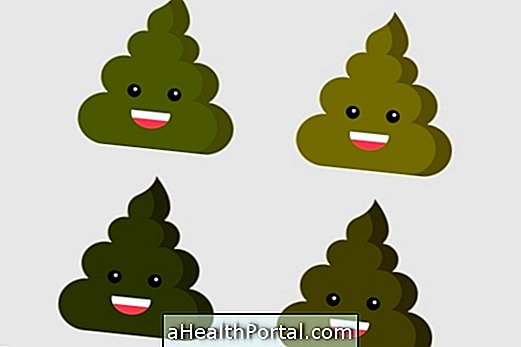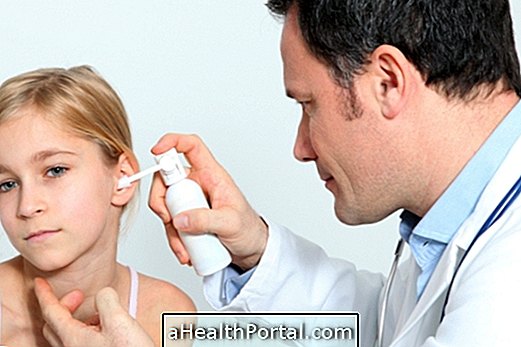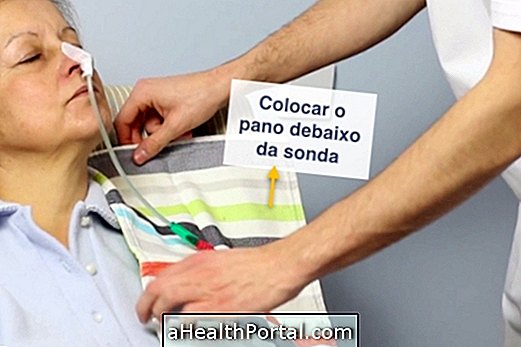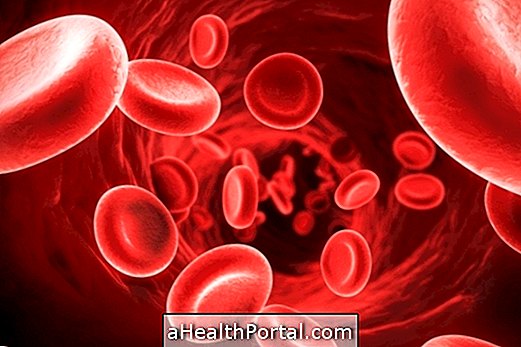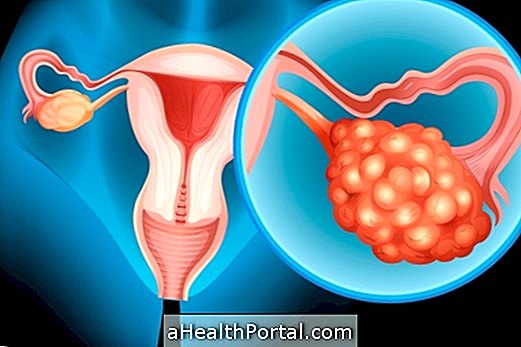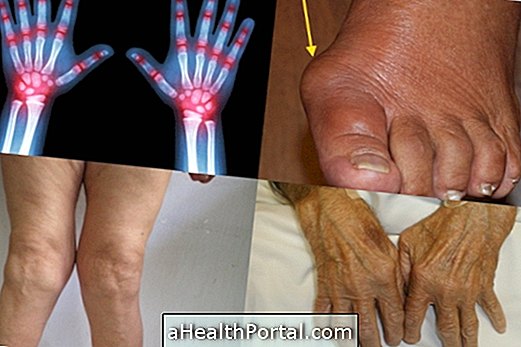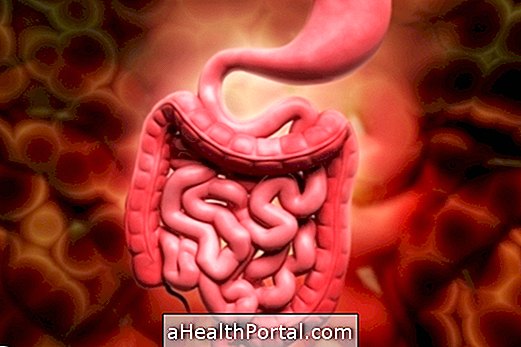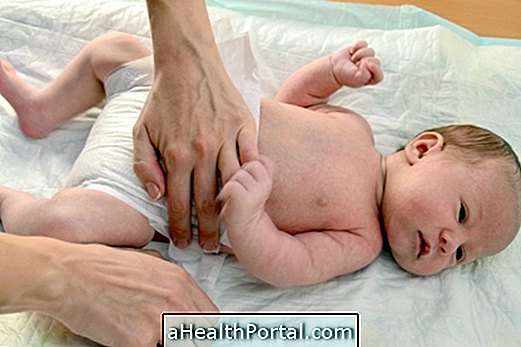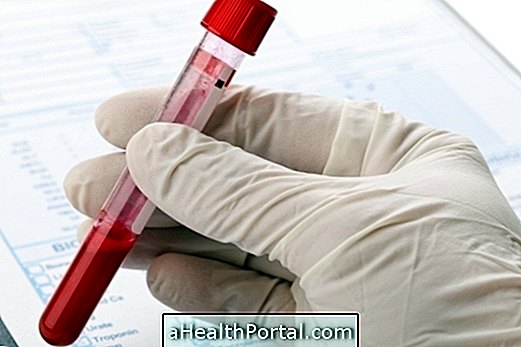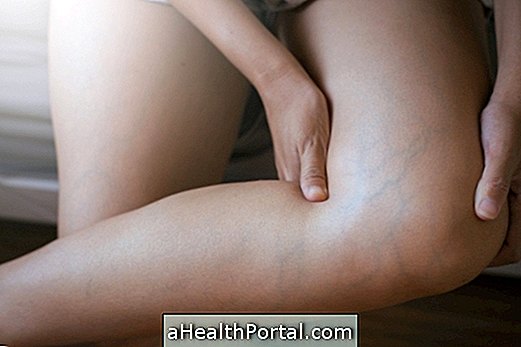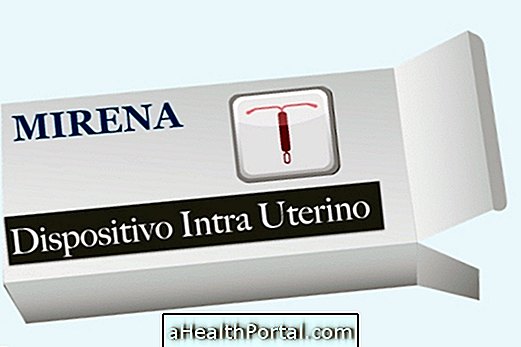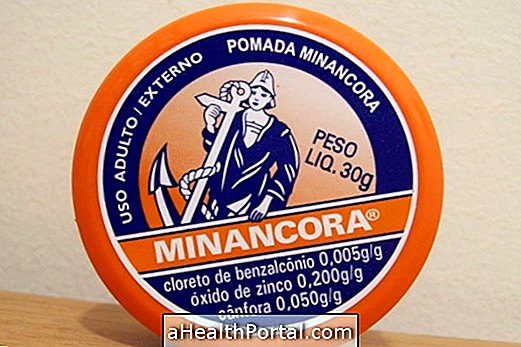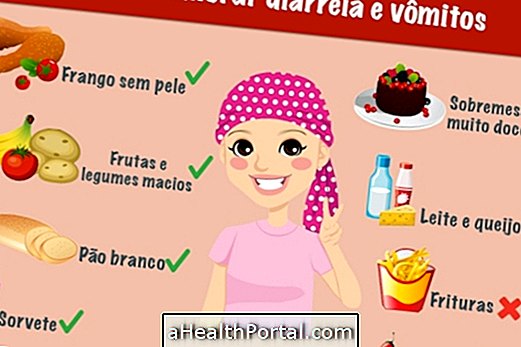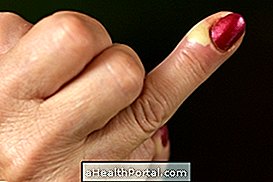Severe Acute Respiratory Syndrome, also known as SRAG or SARS, is a type of severe pneumonia that has come about in Asia and is easily transmitted from person to person, causing symptoms such as fever, headache and general malaise.
This disease is caused by the virus called Sars-CoV, and should be treated quickly with medical help as it can rapidly evolve into severe respiratory failure, which can lead to death.
See which symptoms may indicate other types of pneumonia.
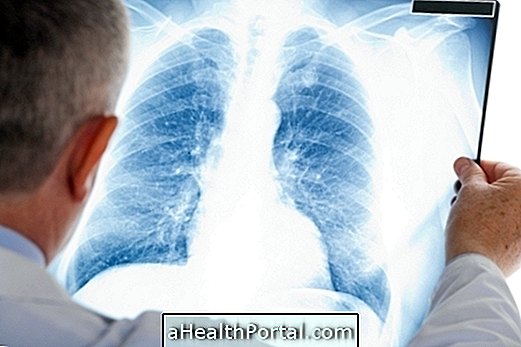
Main symptoms
The symptoms of SARS are similar to those of the common cold, with fever initially appearing above 38 ° C, headache, body aches and general malaise. But after about 5 days, other symptoms appear as:
- Dry and persistent cough;
- Difficulty breathing;
- Sore throat;
- Loss of appetite;
- Night sweats;
- Diarrhea.
Because it is a disease that worsens very quickly, about 10 days after the first signs can show severe symptoms of respiratory distress and, therefore, many people may need to stay in the hospital to receive the help of breathing machines.
How to confirm the diagnosis
There is as yet no specific examination to identify SARS, and thus the diagnosis is made based primarily on the symptoms presented and the history of the patient having or not having had contact with other sick people.
In addition, the doctor may order diagnostic tests such as x-rays of the lungs and computed tomography to assess the health of the lungs.
How it is transmitted
SARS is transmitted in the same way as ordinary influenza, through contact with the saliva of other sick people, especially in the period in which there is manifestation of the symptoms.
Thus, to avoid catching the disease it is necessary to have hygiene attitudes such as:
- Wash your hands thoroughly when you have contact with sick persons or places where they have been;
- Use protective masks to avoid transmission by saliva;
- Avoid sharing utensils with other people;
- Do not touch your mouth or eyes if your hands are dirty;
In addition, SARS is also transmitted through kissing and so close contact with other sick people should be avoided, especially if saliva is exchanged.
How is the treatment done?
There is no drug capable of eliminating Sars-CoV virus, and thus the treatment of SARS depends on the severity of the symptoms. Therefore, if they are mild, the person can stay at home, maintaining rest and drinking water to strengthen the body and fight the disease virus.
In addition, analgesic and antipyretic drugs, such as Paracetamol or Dipirone, may be used to relieve discomfort and facilitate recovery.
Even in the most severe cases, where breathing is badly affected, it may be necessary to stay in the hospital to make the medicine directly into the vein and receive help from breathing machines to improve.
Check out some home remedies to alleviate symptoms during recovery.

